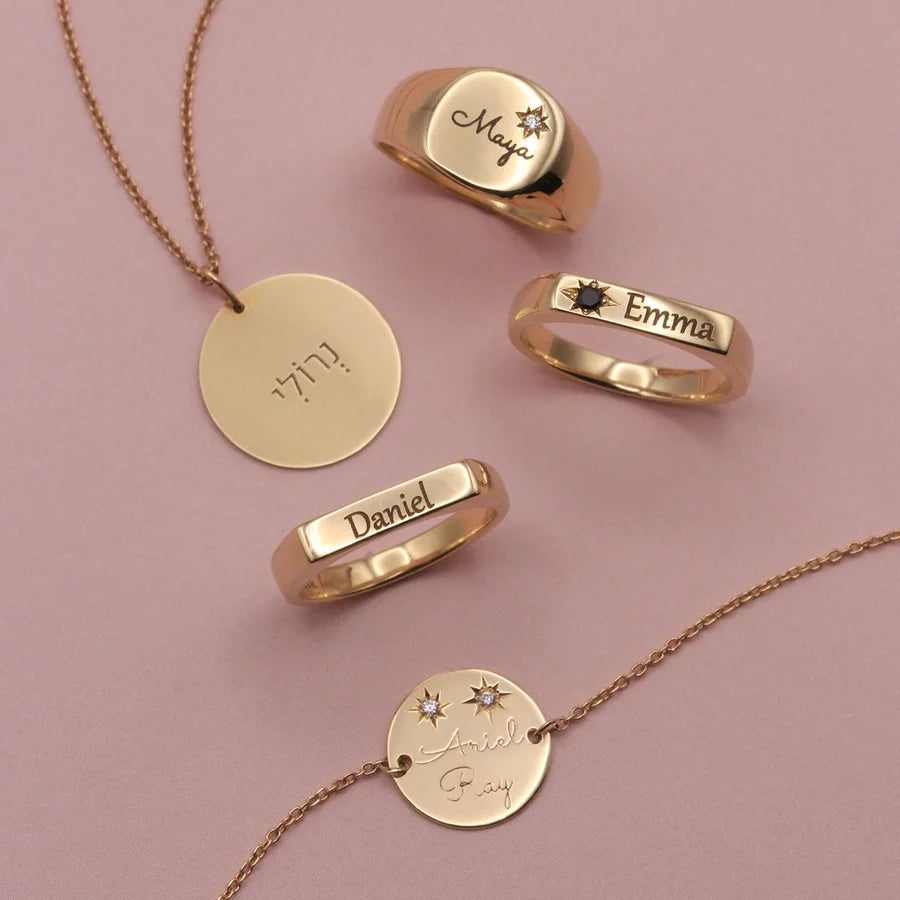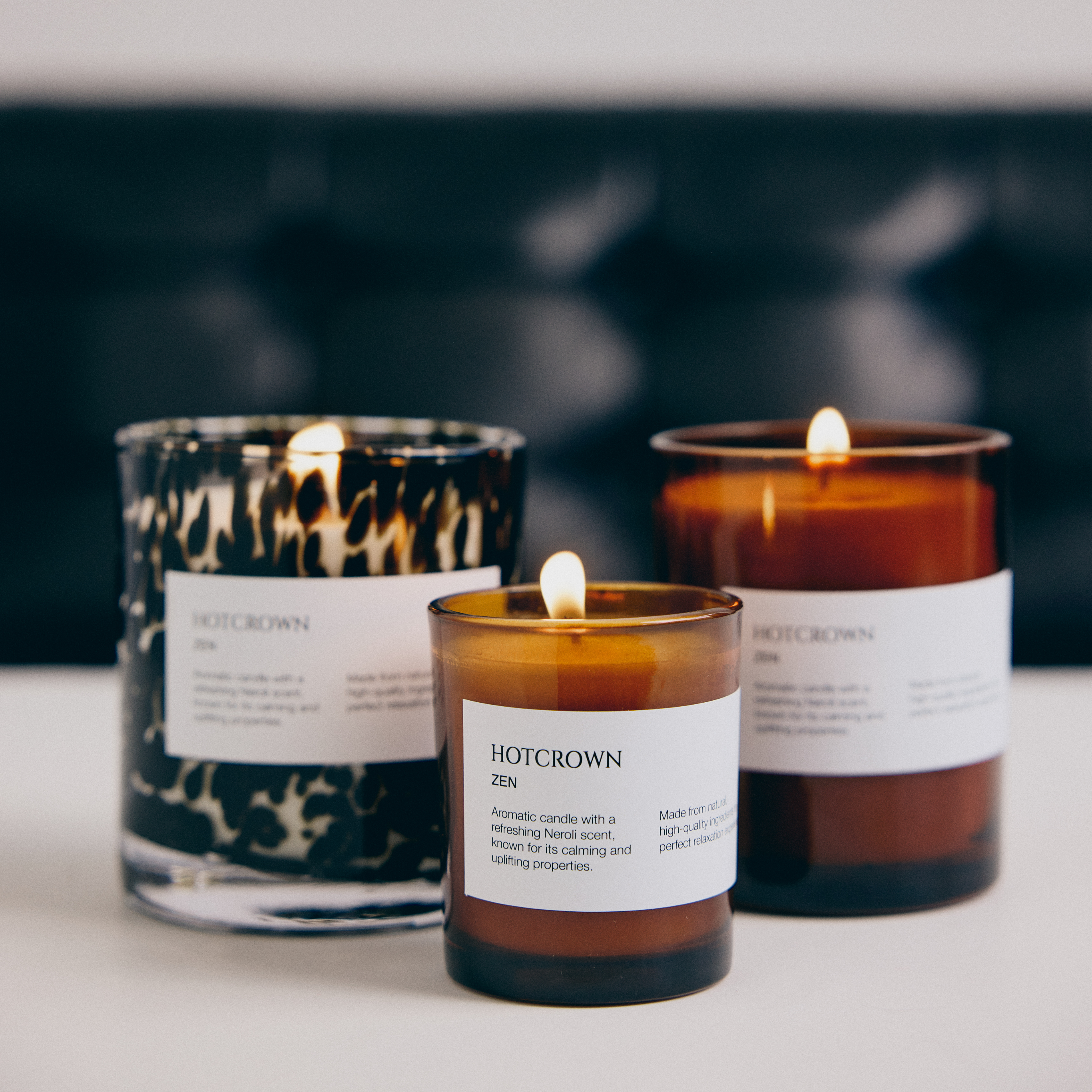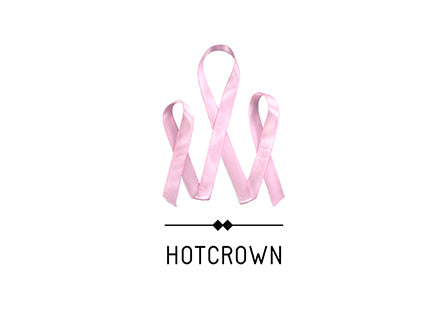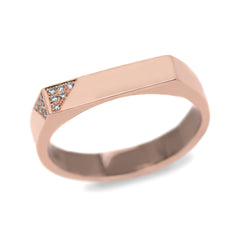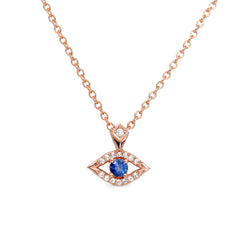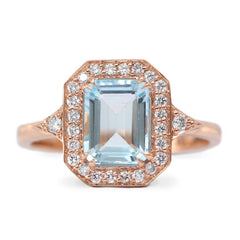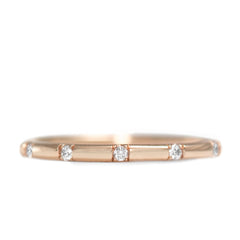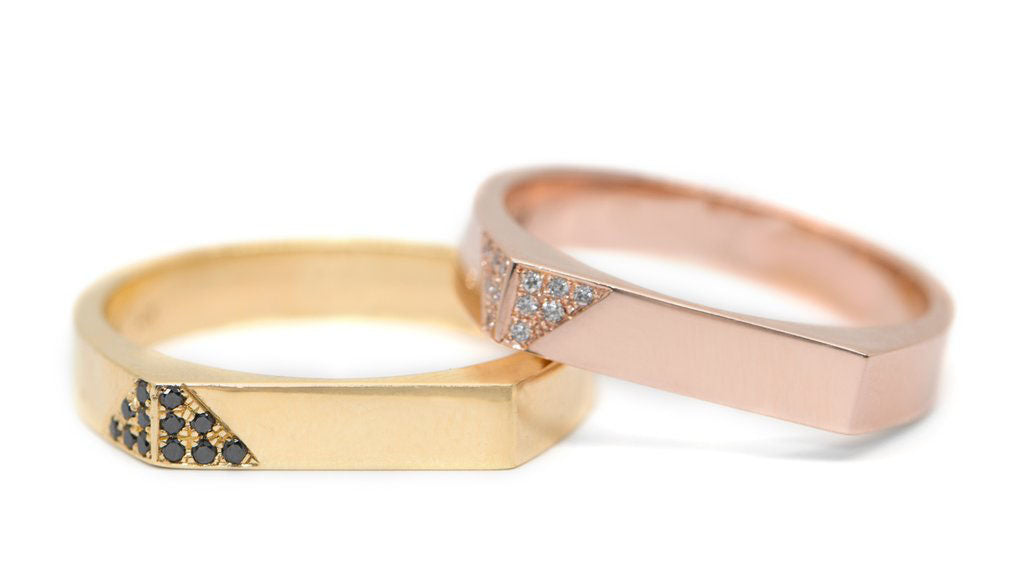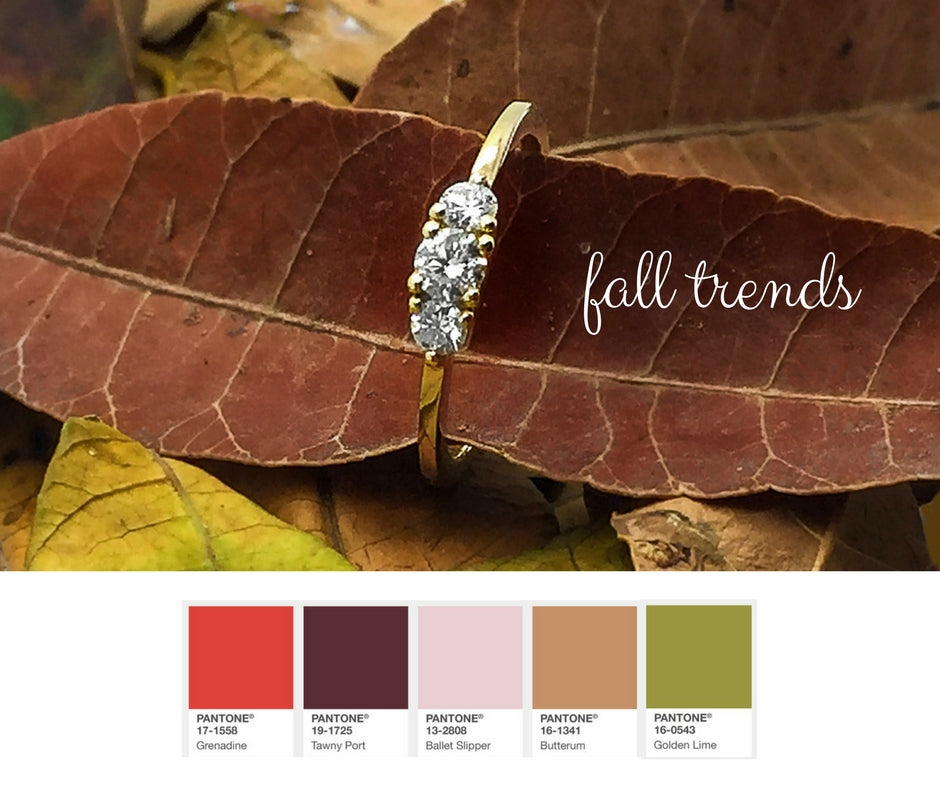October is a month to build breast cancer awareness and to pay tribute to those affected by this disease. During this month, health campaigns are organized by major breast cancer charities to increase awareness of the disease and to raise funds for research into its cause, prevention, diagnosis, treament and cure. The campaign also offers information and support to those affected by breast cancer.
As a company with a majority of female employees and customers, we thought it’s our duty to join such an important cause by donating 5% of every rose gold jewelry piece sold during this month and also by spreading essential information regarding this disease.
Each of our products is available in Rose Gold. Choose your favorite or browse the whole collection here
According to the World Health Organization, breast cancer is the most common cancer among women worldwide, claiming the lives of hundreds of thousands of women each year and affecting countries at all levels of modernization. Therefore, it’s extremely important to be aware of all the risk factors, how to prevent the disease and what to do.
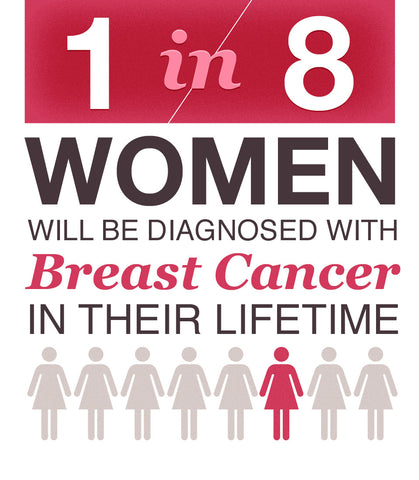
Facts About Breast Cancer:
- One in eight women will be diagnosed with breast cancer in her lifetime.
- Breast cancer is the most commonly diagnosed cancer in women.
- Breast cancer is the second leading cause of cancer related death among women.
- On average, every two minutes a woman is diagnosed with breast cancer and one woman will die of breast cancer every therteen minutes.
Risks for breast cancer:
There’s a misconception about the number one breast cancer risk. People tend to think genetics is the biggest breast cancer cause, but we should know that the vast majority of women with breast cancer have no family history. In fact, aside from being female, your age is the biggest risk factor. "As we get older, our tissue gets older, and the risk of developing disease increases," says Susan Boolbol, MD, chief of breast surgery at Beth Israel Medical Center in New York City. With age, we've also had more lifetime exposure to estrogen, which may boost breast cancer risk. However, family history does increase your chances of obtaining the disease, so you should consider getting screened earlier and contemplating about genetic testing.
The risks mentioned above are ones that you cannot prevent, but there are others that you’re actually able to avert. Under this list, there is lack of physical activity, poor diet, being overweight, drinking alcohol, radiation to the chest and taking hormone replacement therapy (HRT), which is sometimes prescribed for menopause. It’s not about being extreme about it, but it’s about having a healthy and non-sedentary lifestyle taking care of your body and mind.

Here’s some important information and tips that can help you and your loved ones to prevent or discover breast cancer early:
Symptoms:
- A lump in your breast
- Swelling in or around your breast, collarbone, or armpit
- Skin thickening or redness
- Breast warmth and itching
- Nipple changes
- Nipple discharge
- Pain in or around your breast
Preventive measures:
- Checking your breasts constantly at home is a great way to capture any change. People may often think there’s a particular way of checking your breasts, but actually, there’s no set way and there’s no right or wrong way to do it. Instead, the most important thing is just getting to know your breasts. If you know what they feel like normally, you can be on the look for unusual changes. Moreover, you should be conscious of the fact that breast cancer doesn’t only appear on the breasts, so you should also check yourself from the collarbone area to the middle of the armpits.
- Know your family history. Research about all family cancers because in the fight against breast cancer, knowledge is power.
- Get up to date about mammograms. Every woman is different and you know you’re body, therefore, you know what’s right for you. However, doctors recommend following the new ACS guidelines that suggest that woman without a family history of breast cancer should start screening at the age of 40, have yearly mammograms from 45 to 54 and every two years after 55.
- Try having a healthy and active lifestyle by exercising 20 to 40 minutes 3 times a week which can reduce the risk of cancer, as well as limiting yourself to a glass of wine a day.

Breast cancer affects millions of women worldwide and has more death rates than any other cancer. Performing self-checks regularly and educating yourself about breast cancer can help you or someone you know notice it in early stages and get adequate treatment. Luckily, with breakthroughs in science and medicine, survival rates increased significantly. Moreover, it’s important to stay informed and to know that we, women, are in this together and that we’re here to fight it together. Don’t fight alone!


